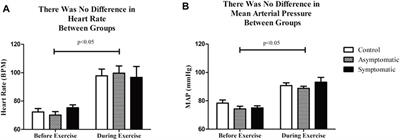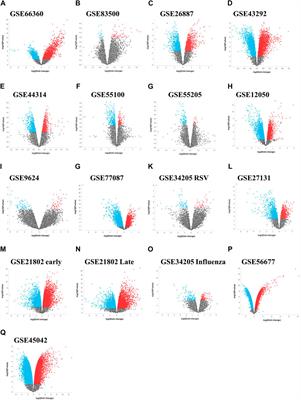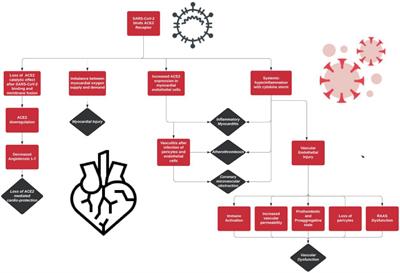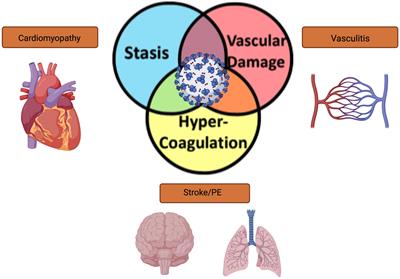EDITORIAL
Published on 11 Jul 2023
Editorial: Trends post-COVID-19 attack: the cardiocerebral system safety remains of utmost concern
doi 10.3389/fphys.2023.1224550
- 1,177 views
5,556
Total downloads
23k
Total views and downloads
EDITORIAL
Published on 11 Jul 2023
ORIGINAL RESEARCH
Published on 06 Feb 2023

ORIGINAL RESEARCH
Published on 14 Dec 2022

REVIEW
Published on 14 Jan 2022

REVIEW
Published on 10 Nov 2021
